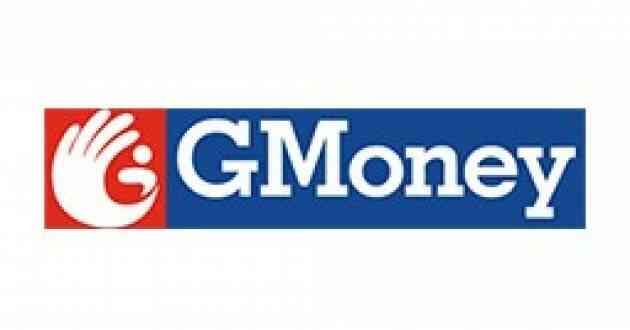What Exactly Is A Health Card, And Why Do You Need One?

Digitization has altered the way we conduct business, and the healthcare industry has not been slow to adopt this tech.
Digitization has altered the way we conduct business, and the healthcare industry has not been slow to adopt this technology. A comprehensive health insurance plan ensures the appropriate amount of financial assistance, making effective maintenance of the plan and your health card critical.
Because it contains all of your health policy information and financial coverage, a health card ensures your safety and convenience. It is the method for making cashless payments for medical bills and other treatment costs. Simply present your digital health card at the time of hospitalization, and the hospital administration will digitally analyze your health policy information, determine your financial coverage, and begin your treatment right away.
How Do I Obtain My Digital Health Card?
When you purchase a health insurance plan from GMoney, you will be given a health card. In addition to policy documents, the insurance company will issue a medical insurance card in your name. It displays your name, policy number, health policy type, total sum assured, and plan expiration date.
If your entire family is covered by a health insurance plan, each person receives a separate digital health card in their name. The card is unique to each individual and must be kept safe for extended use.
Health Card Advantages
Aside from making financial transactions in a hospital easier, having a GMoney digital health card has other advantages.
Cashless Claims Procedure: The health card allows you to easily and cashlessly claim medical loan incurred in a hospital during hospitalization. When you present your cashless health card at the time of registration, the hospital will admit you without charging you anything. Based on the coverage limit of your plan, the insurance company will pay all of your expenses directly to the hospital. It should be noted that the hospital must be approved by the insurer. GMoney provides a comprehensive list of hospitals for your cashless treatments.
If you need to be hospitalized in a different hospital that is not on the insurer's list, you will have to pay the expenses out of your own pocket. Later, your insurer will reimburse you based on your health plan. Both processes store the corresponding details on your digital health card and make them available at any time, making this card a useful tool.
Easy Access to Your Policy Details: All of your health insurance plan's critical details are saved under your profile on a medical health card. When necessary, anyone can gain access to them. Furthermore, the instant policy details make it convenient, and there are no delays in processing claims or paying hospital bills.
Furthermore, because the expiry date of your health plan is printed on your digital health card, it serves as a reminder to you to complete the renewal process. GMoney provides a unique health care online facility to help you get your renewals done quickly and easily from the comfort of your own home.
Convenient to Use: Cashless medical cards are useful and convenient ways to pay your hospital bills. They are easier to transport than hard copies of policy documents.
The cards also include a 24-hour customer service number to assist you in an emergency.
Conclusion
Your medical bills will be less burdened if you use digital health cards. If you have a GMoney healthcare policy, you can use a cashless health card to get treatment at over 3500 hospitals across India. For hospitals that do not provide cashless treatment, GMoney offers advances against any existing medical policy. So, when considering a health plan, consider GMoney.



